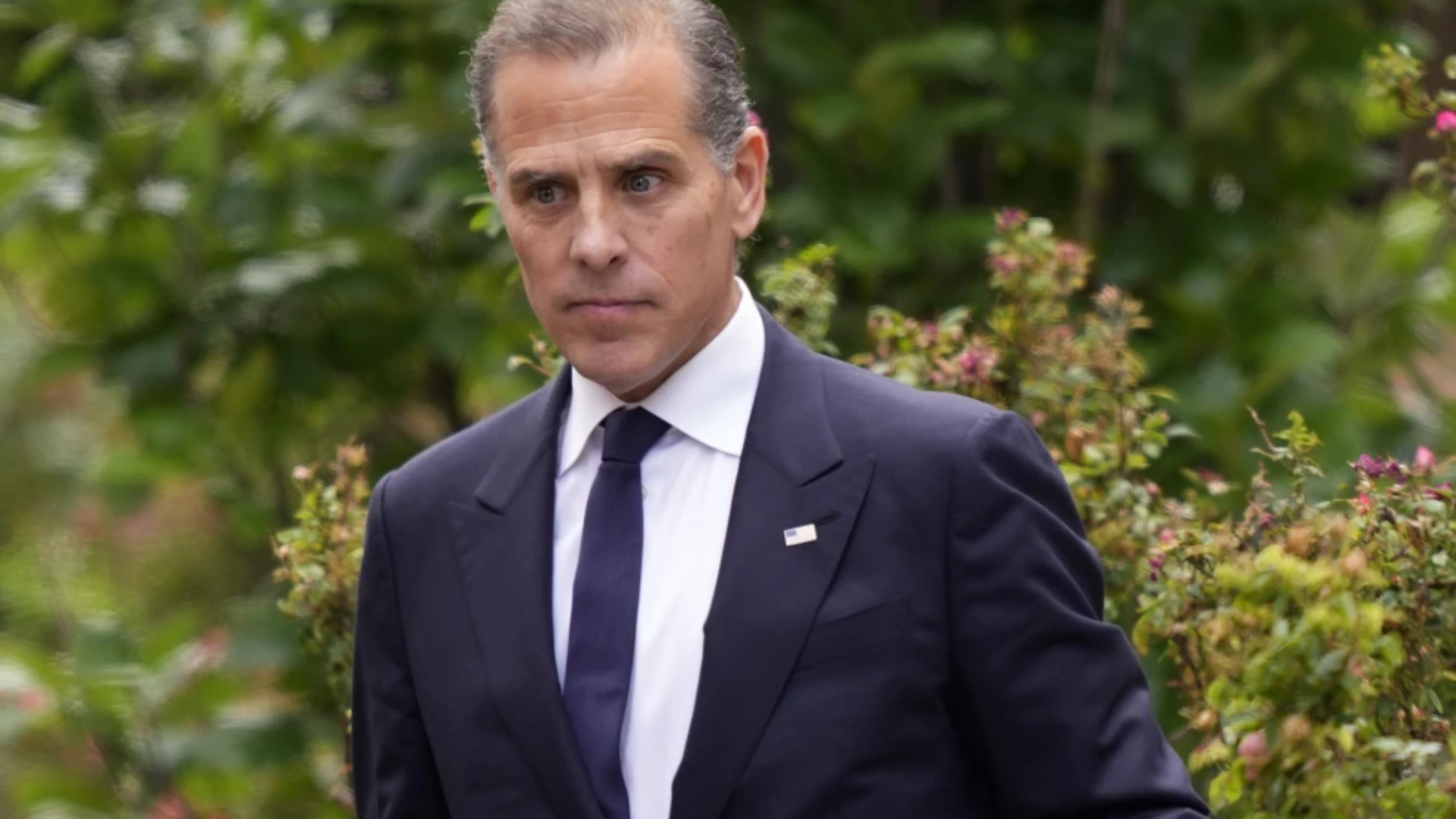WASHINGTON — House Democrats want to enact a massive infrastructure package upgrading the nation’s broadband, road and water systems, Speaker Nancy Pelosi said Wednesday, in the next installment of Congress’ effort to help the country weather the destructive blows inflicted by the coronavirus outbreak.
Pelosi said the measure would be in the range of the $2 trillion that President Donald Trump cited in a tweet Tuesday announcing his own support for such a job creation effort. But even under unparalleled health and economic crises, the fate of infrastructure proposals remains uncertain.
Republicans have qualms about whether such a costly proposal is yet needed, and infrastructure plans have a recent history of going nowhere. They’ve long been bedeviled by disagreements over how to finance them, encapsulated in Washington by jokes about “infrastructure week,” shorthand for Trump plans to roll out specific proposals that end up never appearing.
Pelosi, D-Calif., told reporters that Democrats’ infrastructure plan would “address some of the critical impacts and vulnerability in America that have been laid bare by the coronavirus.”
But powerful Republicans are already tapping the brakes. They note that Congress and Trump have just pumped $2.2 trillion into the economy — all by adding to the national debt — to try preserving jobs and financing the country’s battle against the rapidly spreading and sometimes deadly infection.
“We just borrowed significantly” for the $2.2 trillion measure, Sen. John Barrasso, R-Wyo., chairman of the Senate Environment and Public Works Committee, said in an interview Wednesday. “I want to make sure that gets implemented fully before turning to borrowing more money and spending more money.”
He also said that if the economy still needs a boost down the road, building infrastructure projects “is the best way to do it.”
Senate Majority Leader Mitch McConnell, R-Ky., has said he’ll oppose any Democratic effort to use a fresh economic recovery bill to advance environmental restrictions or their other policy preferences.
“We need to make certain that any further actions we take are directly related to this public health crisis,” McConnell told Fox News Radio’s Guy Benson on Tuesday.
Pelosi’s still-evolving plan would be centered on a $760 billion, five-year framework that House Democrats unveiled in January. It includes money to rebuild roads, mass transit, rail systems, wireless communications networks and water projects.
She said when Congress returns to Washington after waiting out the coronavirus siege at home — perhaps later this month — other money will be added for community health centers, education and housing.
Pelosi has said she wants the infrastructure plan included in a wide-ranging economic recovery bill that would also include money for extended unemployment benefits, state and local governments, and hospitals, plus expanded job protections and benefits for workers.
Trump threw another wild card into the mix Tuesday when he embraced using the next round for a massive infrastructure package.
“It should be VERY BIG & BOLD, Two Trillion Dollars, and be focused solely on jobs and rebuilding the once great infrastructure of our Country! Phase 4,” Trump tweeted.
There seems little doubt that if the economy remains near its current morbid state, the major question facing lawmakers will be what the next bill should look like, not whether to have one. Growing numbers of business close by the day, consumer spending is plummeting and millions are losing jobs as much of the country shelters at home, a devil’s brew that could be lethal for politicians to ignore before November’s presidential and congressional elections.
“I think there’s a deal to be had this time” on infrastructure, said Rep. Greg Walden of Oregon, top Republican on the House Energy and Commerce Committee. Still, he said reaching agreement on another expensive package could be harder after last week’s enormous $2.2 trillion bill.
Stephen Moore, a former Trump senior adviser now with the conservative pro-business Committee to Unleash Prosperity, said he envisioned major problems for Congress in reaching an agreement. He said that while the economy will likely need another large cash infusion to recover, Democrats pushing more spending will clash with Republicans eager to use tax cuts instead, such as suspending employers’ payroll tax like Trump has proposed.
“This will be World War IV,” he said. This would be Congress’ fourth bill addressing the virus and the collapsing economy.
Clearly the size, contents and timing of the next bill are in play. And the Trump administration, lawmakers, lobbying and ideological groups are all pushing ideas.
Discussions within the White House have been limited. Trump has publicly suggested he’d support extra money for state and local governments and some type of hazard pay for front-line medical workers.
Former Vice President Joe Biden, Trump’s likely Democratic presidential opponent, has said he wants additional direct payments to people beyond the one-time $1,200 that many adults will get. He also wants increased Social Security benefits and some student loan forgiveness.
Pelosi’s proposals include easing limits on federal deductions for state and local taxes, a curb the GOP-controlled Congress enacted in 2017 that has hit high-income, Democratic-leaning states the hardest. Her suggestion has run into opposition from both parties.
House Energy and Commerce Committee Chairman Frank Pallone, D-N.J., said he’d like to create a federal office for overseeing national supply chains disrupted by the crisis. Rep. Robert Scott, D-Va., who chairs the Education and Labor Committee, said he’d like to expand safety regulations to cover airborne pathogens like the coronavirus and to cover essential workers like grocery store employees.
Sen. Lisa Murkowski, R-Alaska, has said she’d like to address the strains the virus and the resulting confinement of people at home are putting on mental health.
Copyright 2020 The Associated Press. All Rights Reserved. This material may not be published, broadcast, rewritten, or redistributed. PHOTO: AP






















